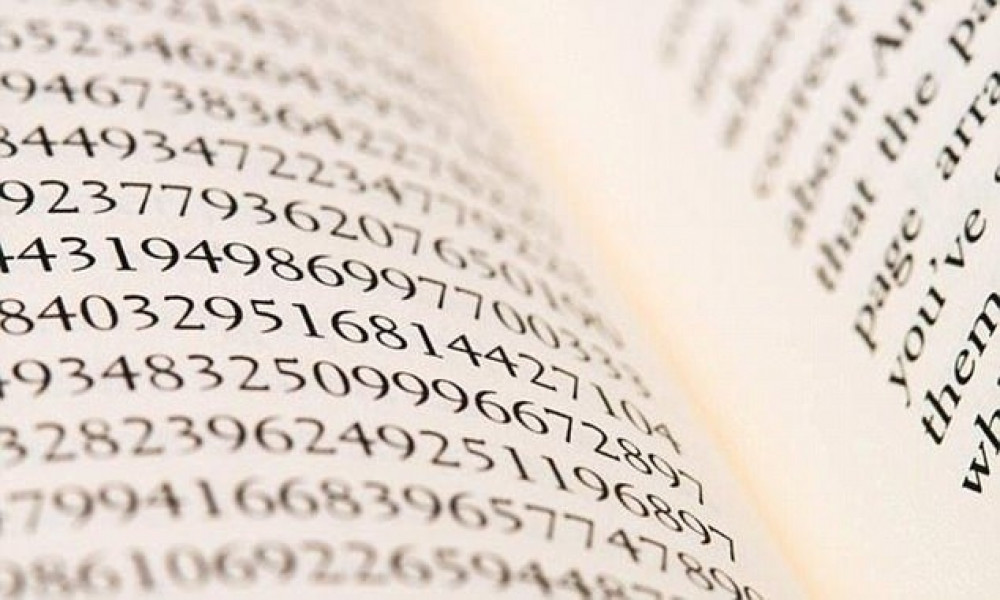

If any of these methods (such as modPow()) were missing, then each missing method would require about 5 to 100 lines of code to implement ( MillerâRabin prime testing is especially long). The text above contains links to critical BigInteger methods that make the RSA implementation sweet and succinct. bitLength(), rand) īigInteger msg = (.) // Any integer in the range [0, n) probablePrime(BIT_LENGTH / 2, rand) īigInteger phi = p.subtract(BigInteger.ONE)ĭo e = new BigInteger(phi. probablePrime(BIT_LENGTH / 2, rand) īigInteger q = BigInteger.


Here is an informal snippet of Java code (public domain) that implements all parts of a minimal RSA algorithm â including key generation, message encryption, and decryption (but not padding, serialization, etc.): import īigInteger p = BigInteger. The fact that BigInteger is well-suited to RSA will become clear when we illustrate the basic RSA algorithm in real Java code, and when we compare what bigint functionalities are available in other programming languages. Furthermore, these methods are not often used outside of RSA, so RSA is probably their primary use case. This makes it easy and short to implement RSA as a proof of concept. Somewhat surprisingly, the class contains a handful of special methods to handle all the arithmetic of the raw RSA cryptosystem. It provides some additional useful methods like bitLength(), testBit(), and generating a uniformly random n-bit unsigned value. It represents arbitrarily long integers in twoâs complement and provides analogs to all the primitive integer arithmetic operations. Looking at the list of methods in the class, the design appears to serve three goals: Java BigInteger was made for RSA cryptography Introduction


 0 kommentar(er)
0 kommentar(er)
